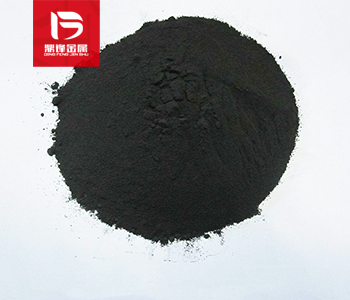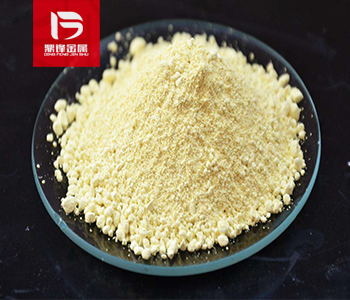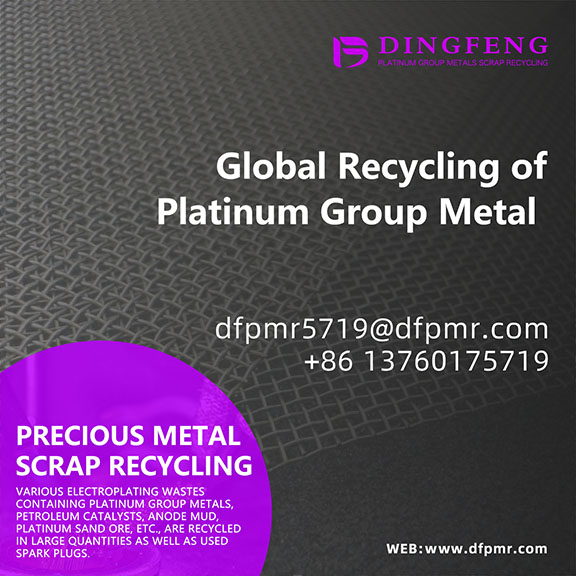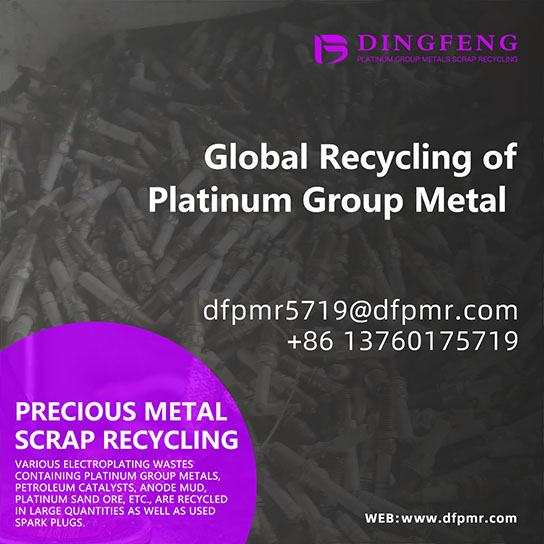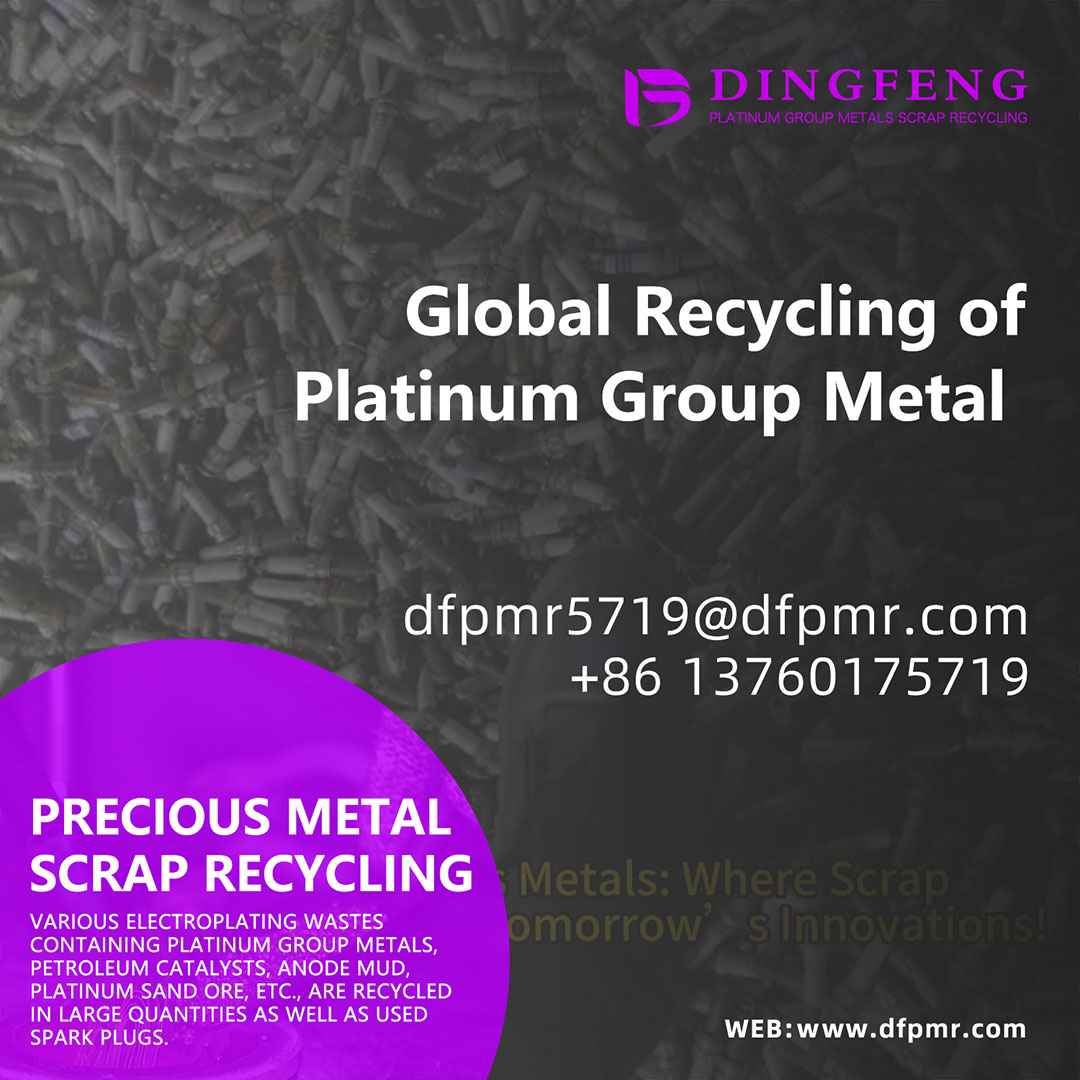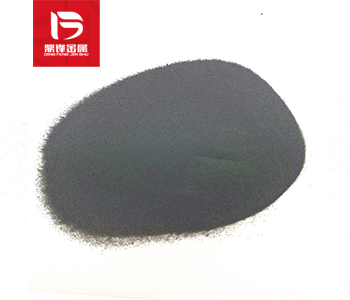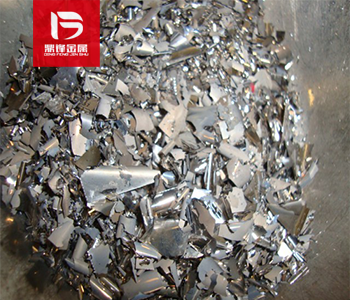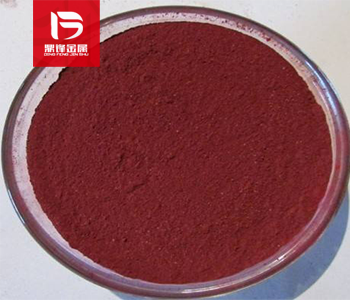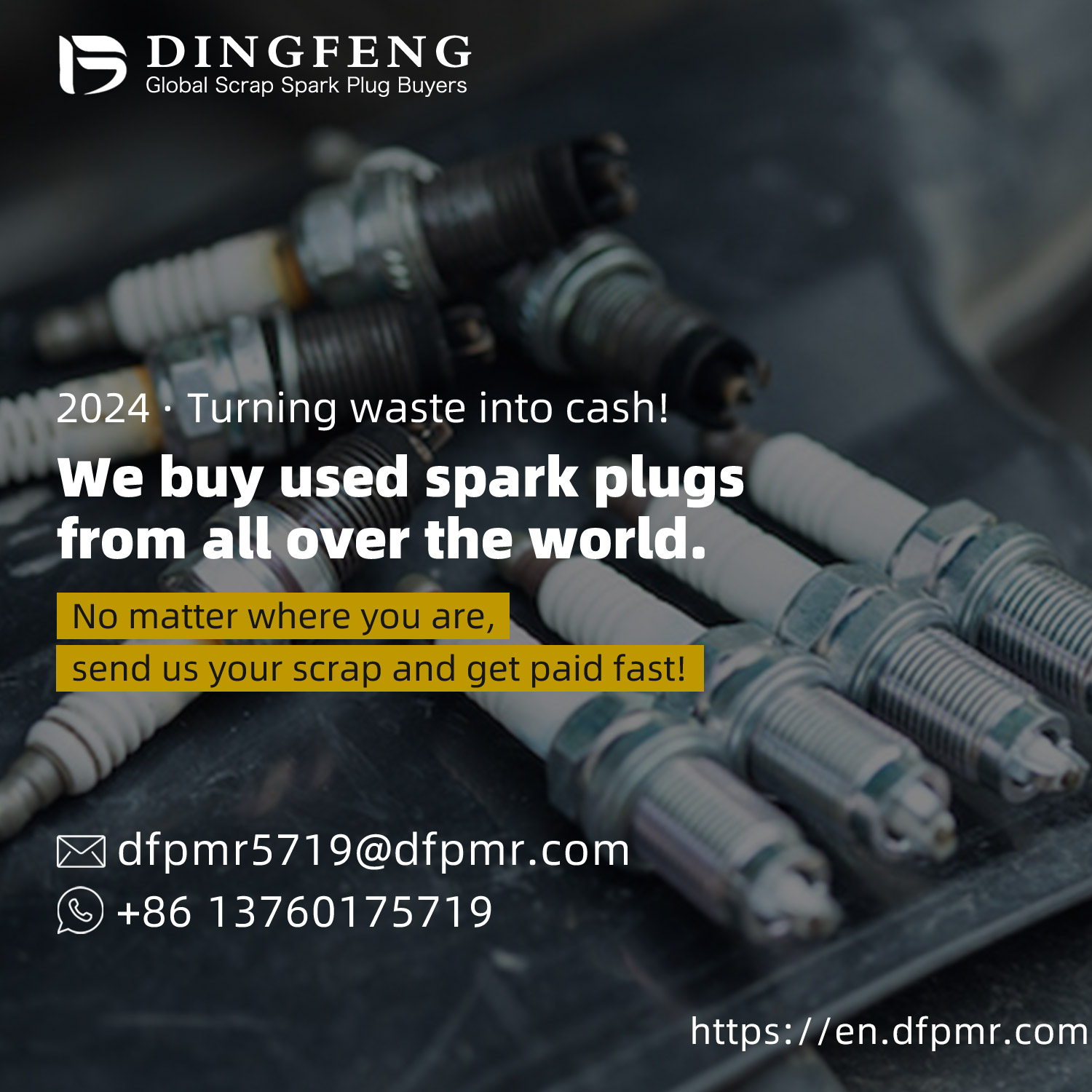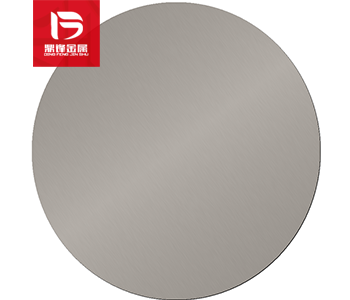Platinum Recovery:The Economic and Environmental Benefits of Recycling Platinum Waste
Platinum scrap recycling plays a crucial role in managing this precious resource. With the high recycling price for platinum scrap, it’s clear that the process offers significant financial and environmental advantages. By choosing to recycle platinum, businesses and individuals contribute to a more sustainable economy while benefiting from the valuable metal’s intrinsic worth. As demand for platinum continues to grow, the importance of efficient recycling methods will only increase, making platinum scrap recycling a key component of a responsible, resource-efficient future.
Product Details
One of the main reasons for the growing importance of platinum scrap recycling is the high cost of new platinum extraction. Mining platinum is not only expensive but also environmentally taxing. The mining process requires significant energy and results in carbon emissions, soil degradation, and water pollution. Additionally, platinum is a scarce resource, making the extraction process even more costly.
By recycling platinum scrap, industries can significantly reduce the environmental impact associated with mining operations and help conserve natural resources. Instead of relying on mining, recycling provides an alternative, sustainable source of platinum. This can be particularly important as demand for platinum continues to rise in sectors like automotive manufacturing (for catalytic converters) and electronics (for components like hard drives and sensors).
Furthermore, platinum recycling offers a more sustainable supply chain for industries that rely heavily on the metal. By tapping into the recycled supply, businesses can reduce their dependency on newly mined platinum, ensuring a steady, cost-effective flow of material without the environmental burden of traditional mining.
The Pricing of Platinum Scrap
The pricing of platinum scrap varies depending on several factors, including the purity of the scrap, the current market price of platinum, and the volume being recycled. As of recent trends, the recycling price for platinum scrap typically ranges between $800 to $1,100 per ounce. However, these prices fluctuate based on market conditions, platinum demand, and geopolitical events.
Platinum prices are influenced by factors such as:
- Market Demand: Industries like automotive manufacturing and electronics are major drivers of platinum demand, influencing the price of scrap.
- Economic Conditions: Global economic trends can significantly impact the price of platinum, especially as it is a commodity that tends to rise in value during times of economic uncertainty or inflation.
- Geopolitical Events: Mining operations and the supply of platinum can be affected by political instability in major producing regions such as South Africa and Russia, further impacting scrap pricing.
Platinum scrap recycling plays a crucial role in managing this precious resource. With the high recycling price for platinum scrap, it’s clear that the process offers significant financial and environmental advantages. By choosing to recycle platinum, businesses and individuals contribute to a more sustainable economy while benefiting from the valuable metal’s intrinsic worth. As demand for platinum continues to grow, the importance of efficient recycling methods will only increase, making platinum scrap recycling a key component of a responsible, resource-efficient future.
Dingfeng Precious Metals Recycling includes precious metals such as gold, silver, palladium, rhodium, platinum, germanium, iridium, ruthenium, etc. This is our business in precious metal recycling. If you have precious metals such as gold, silver, palladium, rhodium, platinum, germanium, iridium, ruthenium that need to be recycled, please contact us and we will provide you with a satisfactory price.
Email us with pictures at dfpmr5719@dfpmr.com or send us on whatsapp at +8613760175719 to discuss your materials. We provide professional evaluations of industrial precious metal-bearing scrap and estimates of precious metal content.


